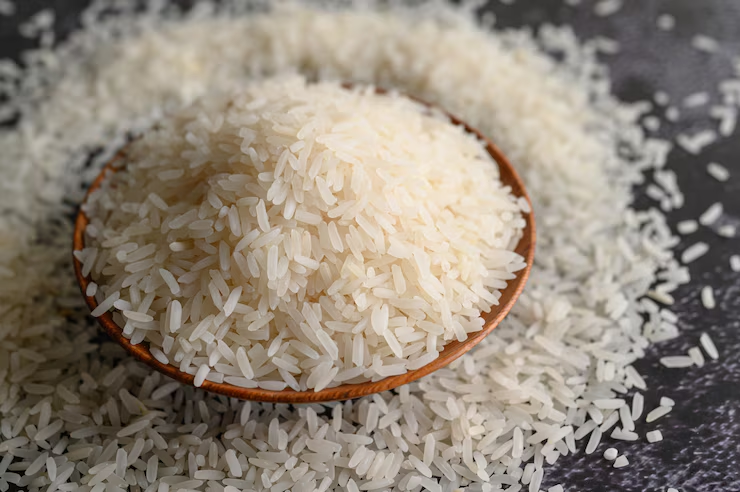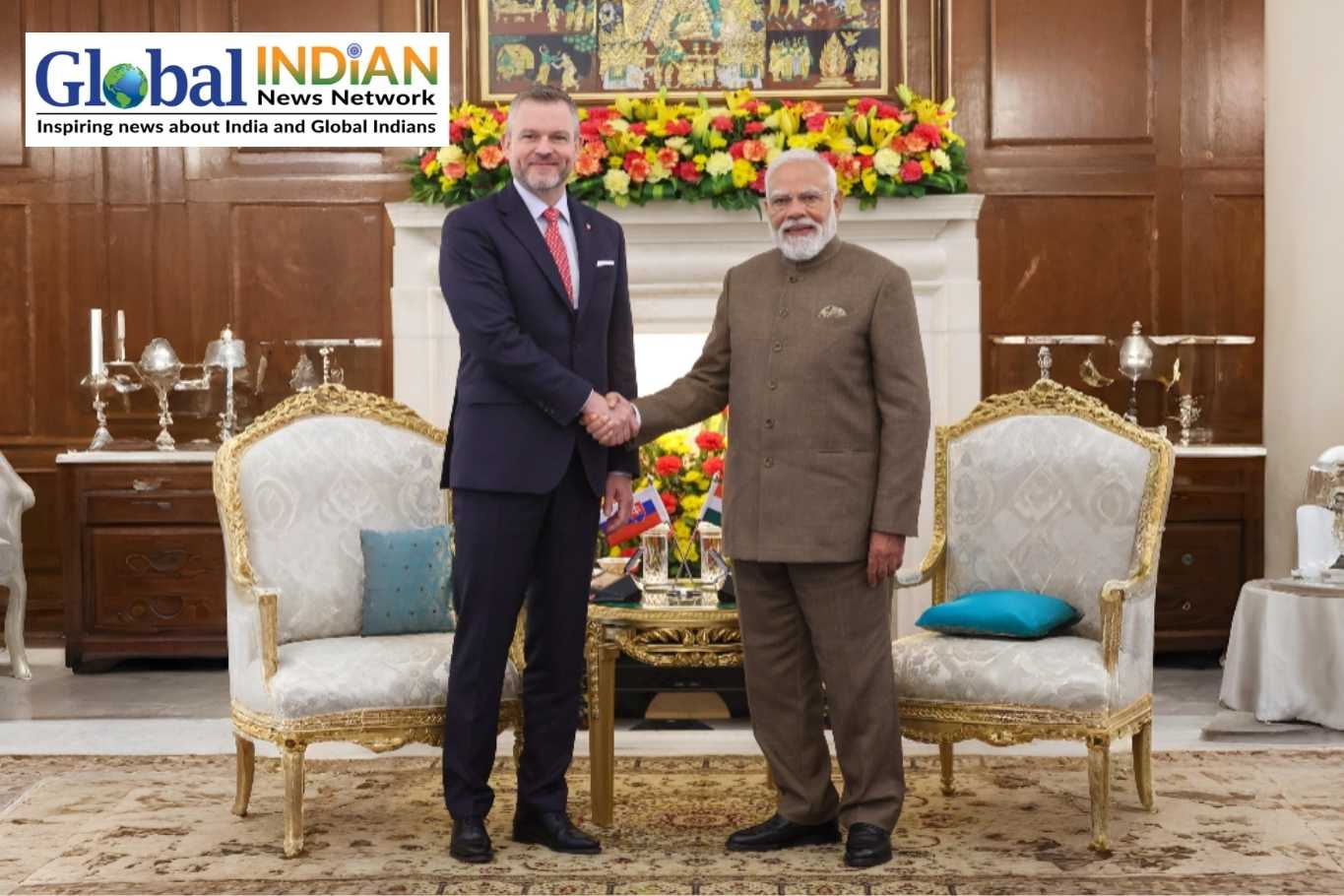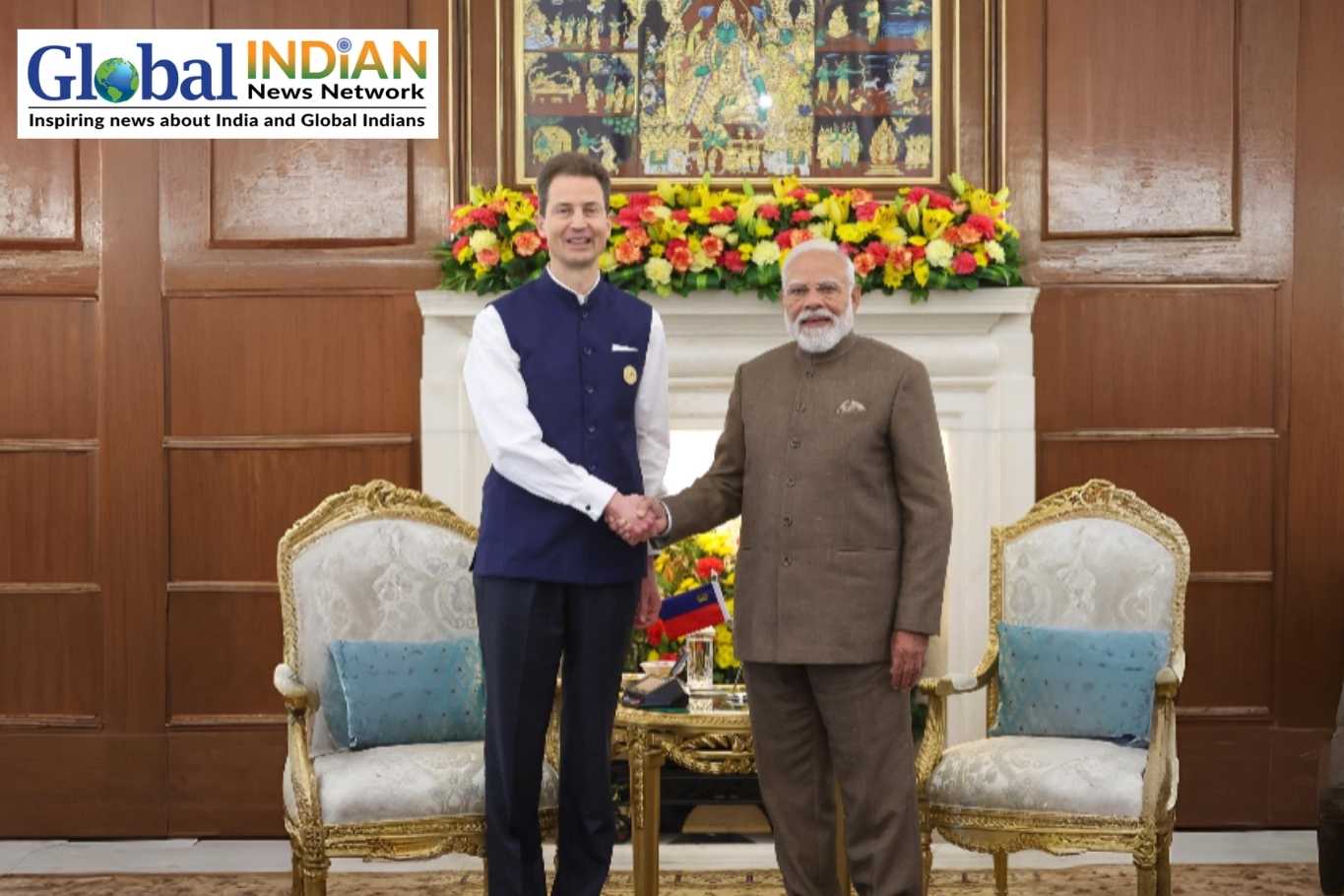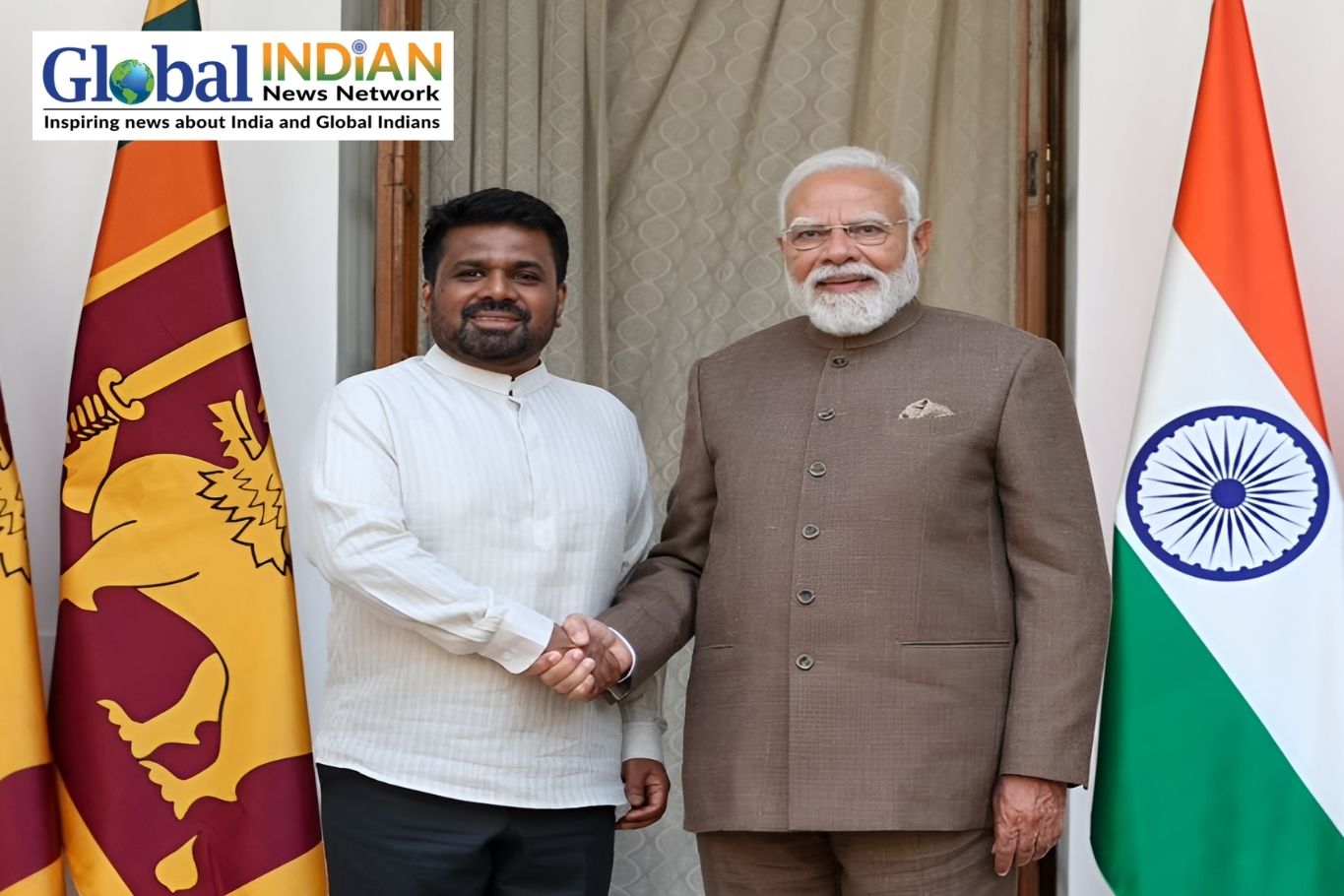 On Saturday, India granted approval for the resumption of non-basmati white rice exports, as the country’s inventories swell and farmers prepare for an upcoming harvest. This move is anticipated to bolster global rice supplies and potentially lower international prices, compelling major rice exporters like Pakistan, Thailand, and Vietnam to adjust their rates, according to traders.
On Saturday, India granted approval for the resumption of non-basmati white rice exports, as the country’s inventories swell and farmers prepare for an upcoming harvest. This move is anticipated to bolster global rice supplies and potentially lower international prices, compelling major rice exporters like Pakistan, Thailand, and Vietnam to adjust their rates, according to traders.
The Indian government has established a minimum export price of $490 per metric ton for non-basmati white rice, following a decision to eliminate the export tax on white rice entirely. This decision comes shortly after the government relaxed export restrictions on premium, aromatic basmati and parboiled rice. Additionally, the export duty on parboiled rice was reduced from 20% to 10% as of Friday.
Earlier this month, authorities removed the floor price on basmati rice exports, addressing concerns from farmers who struggled to access profitable markets in Europe, the Middle East, and the United States.
Last year, India had imposed various export restrictions due to fears of poor monsoon rains influenced by the El Nino weather pattern, extending those curbs into 2024 to stabilize local prices ahead of the national elections set for April to June. However, following the 2023 export ban, local supplies increased, resulting in a significant stockpile at government warehouses. As of September 1, rice stocks at the state-run Food Corporation of India reached 32.3 million metric tons, marking a 38.6% increase compared to the previous year, which has allowed the government to relax rice export restrictions.
With favorable monsoon conditions, farmers have planted rice across 41.35 million hectares (approximately 102.18 million acres), an increase from 40.45 million hectares (99.95 million acres) the previous year and above the five-year average of 40.1 million hectares (99.09 million acres). The decision to resume exports of non-basmati rice is expected to enhance farm incomes and help India reclaim its position in the global rice market, according to Rajesh Paharia Jain, a trader based in New Delhi.
Despite the 10% export tax on parboiled rice and the established floor price, B.V. Krishna Rao, president of the Rice Exporters’ Association, believes Indian white rice will remain competitive in the international market.









